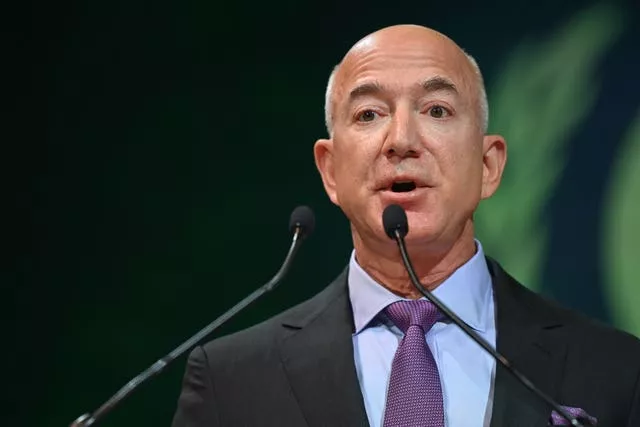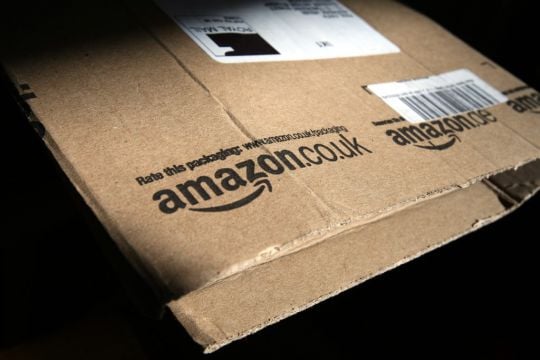Amazon marked its 30th anniversary last week as a $2 trillion company, capping a remarkable rise from the online bookseller it was founded as, inside a garage in the early days of the internet.
Founder Jeff Bezos stepped down as chief executive in 2021, but he remains the executive chair and largest shareholder of a company now known as an e-commerce and cloud computing giant.
Since its foundation as a bookseller, the company has grown into an online retail heavyweight where consumers can buy almost anything.

It has also expanded, making many of its own products that it sells online, including electronics, led by a popular range of tablets and smart home hubs and speakers.
The Seattle-based firm is now also established as a leading technology company through the Alexa virtual assistant that powers its smart home products, but also through Amazon Web Services (AWS), the cloud computing arm of the company which has data centres around the globe offering server space to many of the world’s other largest companies.
When Amazon became one of the few companies to pass the $2 trillion valuation mark last month – behind only Nvidia, Apple and Microsoft – part of its recent share price rise was put down to the increasing demand for cloud computing thanks to the growth of artificial intelligence (AI) services.
AI services are energy and compute-intensive, meaning many firms are having to increase their cloud computing capacity to power these in-demand new tools.

Mr Bezos has now confirmed he plans to sell nearly $5 billion dollars worth of Amazon shares, which follows a similar announcement in February that he would sell shares worth $8.5 billion – the first time since 2021 he had parted with Amazon shares.
Looking forward, Amazon’s dominance of the online retail space is likely to face increasing competition from a range of alternatives and rivals, including emerging e-commerce firms in Asia, and the growing popularity of second-hand marketplaces as consumers look to save money and prioritise the environment by recycling old goods.
The company’s position in the AI products market also faces intense competition from fellow tech giants and emerging AI firms.
The rise of generative AI tools such as OpenAI’s ChatGPT has set the standard for a new generation of virtual assistants which are both text and voice-based, and can find as well as generate images and videos.
Currently, Amazon’s Alexa is predominately a voice-based assistant, conversational assistant – a set-up many believe the company will need to expand on if it wants to take on ChatGPT, Google’s Gemini and Microsoft’s Copilot.







